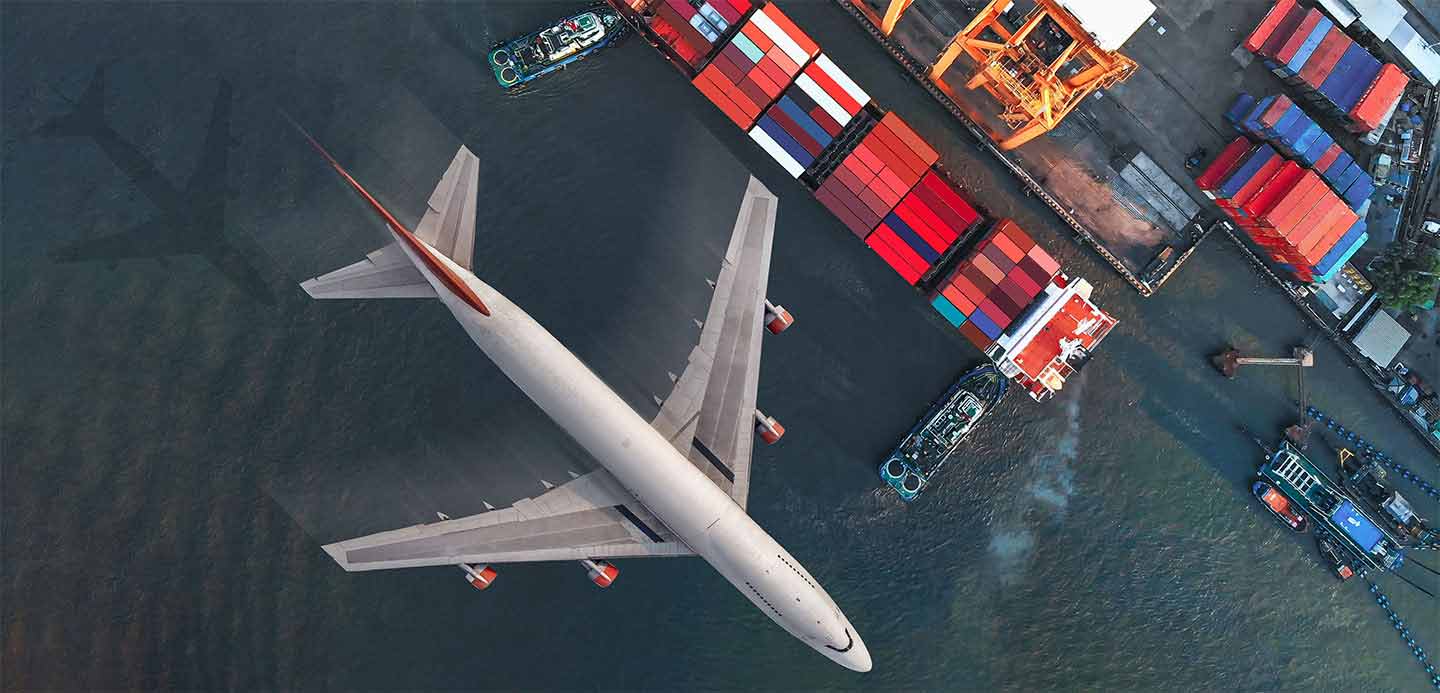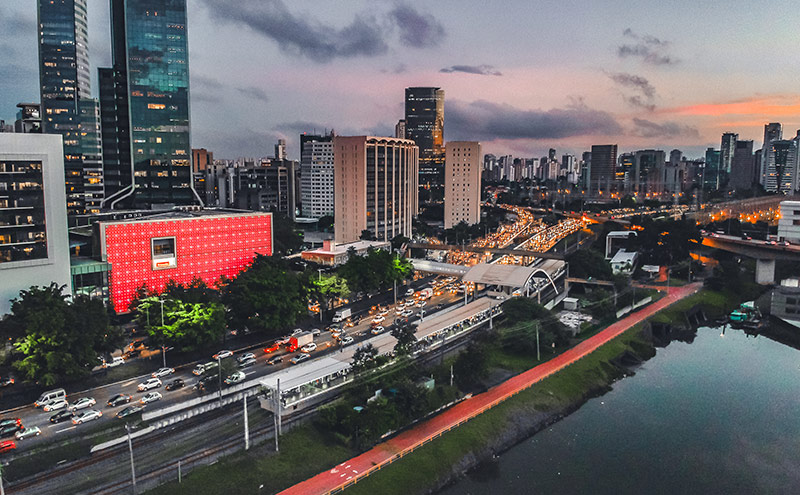In the second instalment of HSBC's Transition Pathways, we’re focusing on the transport sector and taking a look at business sentiment across the air, maritime, road (freight and services), rail and the logistics verticals of the industry. Whilst the sector was affected by the COVID-19 pandemic, emissions and demand have returned, especially in emerging markets. Despite the challenges, momentum is building with many businesses in the sector seeing net zero as crucial to commercial growth, driving action to decarbonise their Scope 1 and 2 emissions and embedding new technologies related to electrification and sustainable fuels in their operations and value chains.
Transition plans will become increasingly important and are becoming the new normal in an increasing number of markets, as well as a regulatory and disclosure requirement for both corporates and financial institutions. Transition plans demonstrates action and practical steps against ambition and show regulators, financiers, investors and customers how an organisation intends to reach net zero, often by 2050, across its operations and value chains.
Our net zero ambition means aligning financed emissions – the greenhouse gas emissions of our clients – to net zero by 2050. We’re setting 2030 targets in different sectors, focusing on the heaviest emitters first. Our targets include reducing financed emissions from the aviation and automotive sectors.





